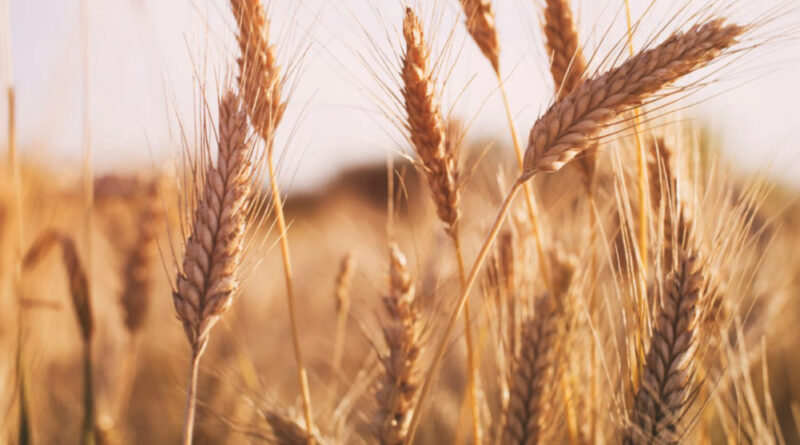Despite temp fluctuation no harm to crop: Wheat institute
By Bhavey Nagpal
Indian Institute of Wheat and Barley Research (IIWBR), Karnal on Wednesday said that despite the prevailing weather conditions where a sudden change of maximum temperature has been reported in some areas, the nights are cooler, the average temperature remains in the zone that is favourable for wheat crop.
The country is aiming to achieve the annual wheat production of 115 million tonnes (MT) in the 2024-25 rabi season as against 113.2 MT achieved during the last season, which was an all-time high.
The area under wheat has also increased from 31.8 million hectares (Mha) last year to 32.49 Mha this season, the scientists at the central institute said, adding that the harvesting of early verities of crop will start by first week of April.
The target is achievable given the fact that the farmers are moving towards growing more of the climate resilient verities and there has been no major threat to crops, they added.
During a conversation with Hindustan Times, ICAR-IIWBR director Ratan Tiwari said that so far, the crop situation has been very good all over and the country is heading towards record wheat production this season.
“Even though there was a fluctuation of maximum temperature in some areas, because the nights were cooler, the average temperature remained in the zone which is favourable for the wheat crop. Moreover, in the present situation, when there is bright sunshine, it has largely supported the crop growth as there have been no reports of occurrence of any pest or disease,” he said.
The director also advised the farmers not to panic given the situation as crop stage is entering into flowering and growth stage.
“However, the farmers should also remain vigil and keep a check in their fields and may contact the experts in case any situation arises,” he said.
BS Tyagi, a principal scientist at the institute also suggested adding a round of irrigation to the crop as per the weather.
“Also, no rainfall this month in most of the areas won’t harm the crop in any way. Infact, it rained twice and thrice in December-January that helped farmers saving a round of irrigation,” he said.
ML Khichar, professor, agricultural meteorology at CCS Haryana Agricultural University, Hisar said that as per the data available, the temperature has fallen again in the past few days, the night temperature is still low and is likely to decrease more in the coming days.
This article has been republished from The Hindustan Times.

